SUMMARY
This is AI generated summarization, which may have errors. For context, always refer to the full article.
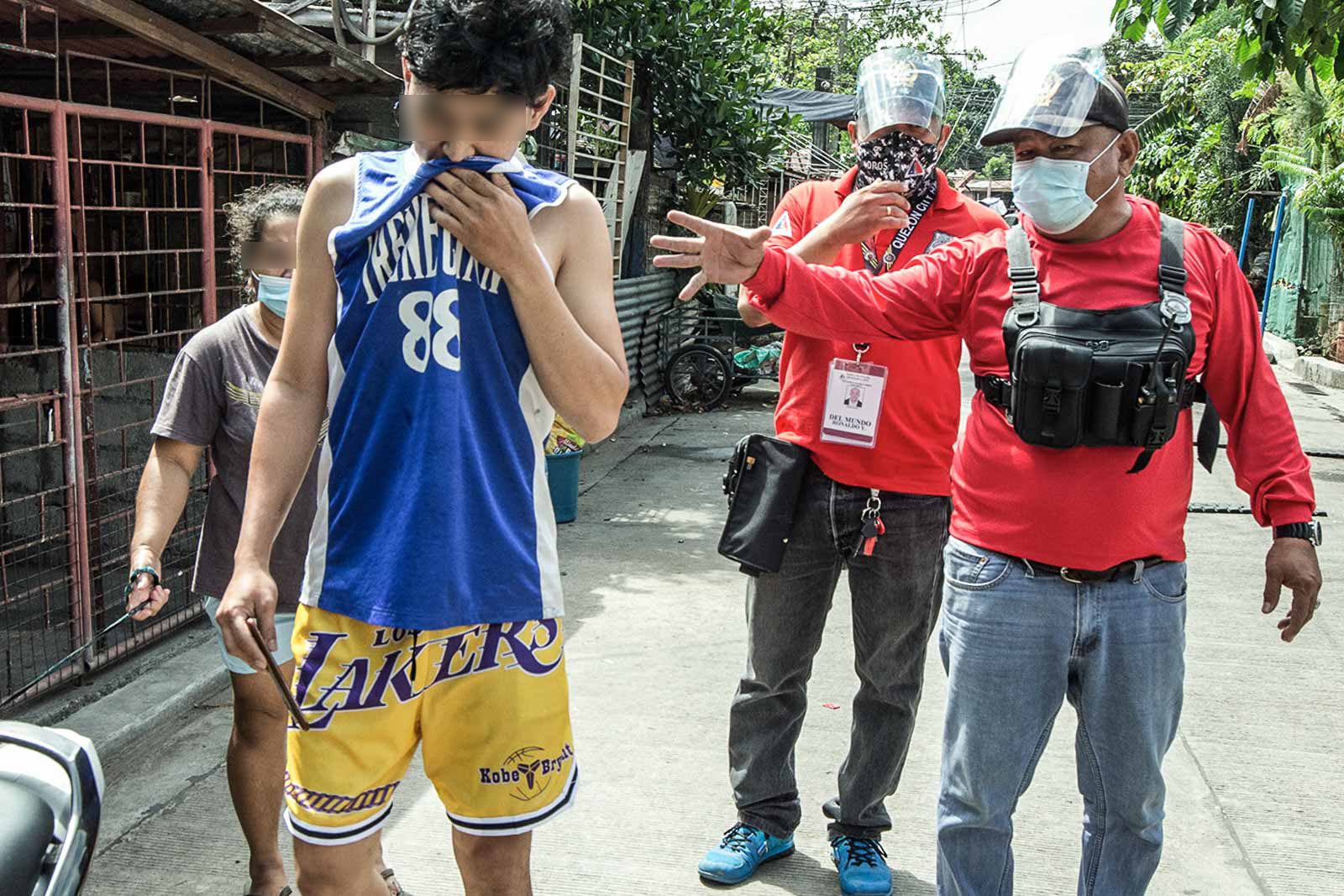
The Philippines’ justice and interior departments released on Tuesday, June 1, the long-awaited guidelines that would supposedly address problems in arresting quarantine violators – such as jail overcrowding – but the five-page memorandum added nothing new to existing rules except the creation of separate holding areas.
“The Department of the Interior and Local Government (DILG) shall mandate local government units to identify and designate appropriate places that shall serve as holding areas for the persons cited for violations of health and safety ordinances, quarantine-related violations, and other related violations in their respective jurisdictions,” said Section IV(A)(ii) of the guidelines.
The guidelines were supposed to establish uniform rules on the “manner, time, or place of booking, detention, and investigation to prevent overcrowding and avoid the very evil sought to be prevented,” as told to reporters by Justice Secretary Menardo Guevarra on May 5.
However, aside from creating separate areas, the guidelines had no other new features.
From May 15 to 21, the police had arrested 11,774 people for improperly wearing their face masks.
Fines
Section IV(B)(iii) of the guidelines says the police must allow the apprehended person to pay a fine to avoid criminal prosecution “where the law or ordinance prescribes the penalty of fine.”
Based on the language, the guidelines are still pursuant to local ordinances. So, of course, if an ordinance prescribes a fine, then the policemen have no choice but to follow.
Police have already been doing this since 2020, when they let violators go upon payment of fines rather than detaining them.
But many were still detained, reaching hundreds daily, in the first year of the pandemic. During that period, inquests took days to weeks to finish because of the sheer volume of cases and the work disruption of prosecutors’ offices brought about by pandemic restrictions.
Guevarra said the key to avoiding confusion is for law enforcement to know by heart the ordinance of their locality because the local ordinances are all different.
“What causes this confusion? Ordinances are not unfiorm. What may be applicable in one city may not be the same in another city. First and foremost, the law enforcement agents assigned to a particular locality, they should be very, very familiar,” said Guevarra.
Inquest backlog
Section IV(C)(i) requires prosecutors to conduct inquest “on the same day of the endorsement of the case, if practicable, by the law enforcement unit.”
But this is already required under the Revised Penal Code because people arrested without warrant shall be held only for a maximum of 36 hours before they should be brought to court.
“First of all, so far there’s no feedback from inquest prosecutors about extreme difficulty in handling mass arrests and detention,” said Guevarra in a joint press conference with the DILG on Tuesday.
Data from 2020 prove otherwise, as the government’s own numbers showed that the sheer volume of arrests created prosecutorial backlogs so that many had to be detained longer than necessary.
Ideally, a person arrested without a warrant for violating quarantine should, at most, be detained only for 12 hours because it’s a light offense. After being charged, they should be able to post bail immediately.
Many of those who were arrested during the pandemic stayed days to weeks in detention.
Asked whether prosecutors could recommend bail on recognizance – a mechanism where the detainee does not have to pay an amount but only follow conditions to show up for hearings – Guevarra said they could.
Guevarra said, “It’s in their discretion to recommend that kind of bail, on recognizance, that’s in the law, and they can do that.” But this was not spelled out in the guidelines, too.
Legal basis to arrest
On the legal basis to make arrests, the guidelines just repeated the Rules of Court where arrests without warrants shall be made on the principle of caught in the act.
Strangely, Section II still defined quarantine-related violations as crimes under laws “including, but not limited to, Republic Act 11332 or the Mandatory Reporting or Notifiable Diseases Act” – the broad law that was earlier cited by Guevarra.
Different prosecutors and courts have dismissed RA 11332 cases. Guevarra had also announced that RA 11332 was “not a very exact law.”
Asked in the press conference if this was still a standing recommendation, Guevarra said, “The primary, the principal legal basis would be the ordinance in the locality.”
Guevarra had earlier said he recommended doing away with arrests, but President Rodrigo Duterte changed all that with a late-night speech, prompting the Department of Justice (DOJ) and Department of the Interior and Local Government to craft guidelines to address problems seen in the first year of the pandemic.
The DOJ also rushed the guidelines last week to cover Duterte’s recent order to arrest barangay officials who fail to stop superspreader events. That was covered in very general terms in the guidelines.
COVID-19 tests
The guidelines also did not spell out whether all people to be held or detained would be given COVID-19 tests.
Interior Secretary Eduardo Año said anyone who shows symptoms would be tested.
Activist Joseph Canlas, 59, was arrested last March for illegal possession of firearms and explosives and died a month later of COVID-19. His family has sued prison officials for not testing him during transfers and not giving him adequate medical attention.
Año said “it’s not about what’s different between last year and this year.”
“We are continuously improving, and we are continuously innovating and making sure that everyone understands what they’re doing and we are implementing uniformly,” said Año. – Rappler.com
Add a comment
How does this make you feel?


![[Time Trowel] Evolution and the sneakiness of COVID](https://www.rappler.com/tachyon/2024/02/tl-evolution-covid.jpg?resize=257%2C257&crop=455px%2C0px%2C1080px%2C1080px)


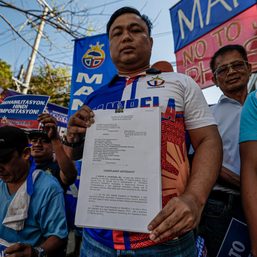

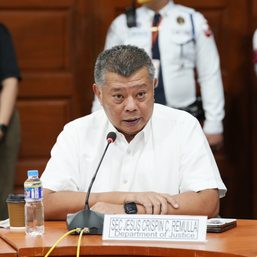
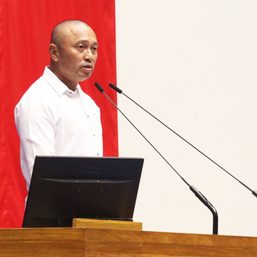
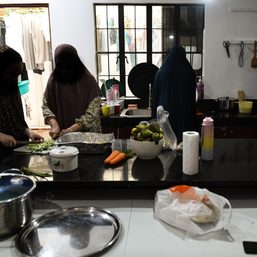
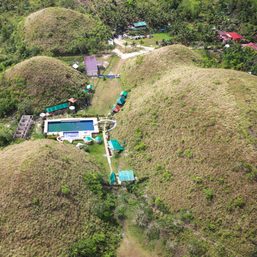


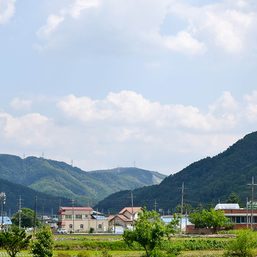
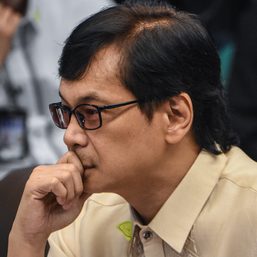
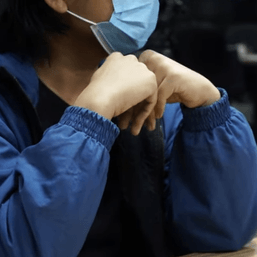
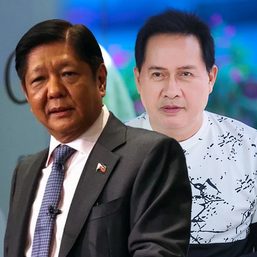



There are no comments yet. Add your comment to start the conversation.